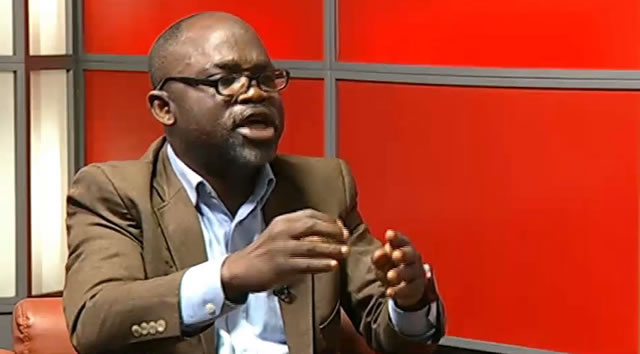Paragraph 1: The Unveiling of Grand Corruption and the Demand for Transparency
The Socio-Economic Rights and Accountability Project (SERAP), alongside four concerned Nigerian citizens, has initiated legal action against the Nigerian government for its refusal to disclose the findings of a forensic audit conducted on the Niger Delta Development Commission (NDDC). This audit, commissioned in 2019 by former President Muhammadu Buhari, was prompted by pervasive allegations of massive corruption within the agency. The report allegedly implicates high-ranking officials and politicians in the misappropriation of a staggering N6 trillion between 2001 and 2019. The current administration, led by President Bola Tinubu, has failed to release the report to the public, prompting SERAP and the concerned citizens to seek legal recourse.
Paragraph 2: The Legal Battle for Transparency and Accountability
The lawsuit, filed at the ECOWAS Community Court of Justice in Abuja, accuses the Nigerian government of violating fundamental human rights by withholding the audit report. The plaintiffs argue that this lack of transparency obstructs their right to know, fosters impunity, and perpetuates a cover-up of potentially criminal activities. They seek a court order compelling the government to publish the report, implement measures to improve transparency and accountability in NDDC spending, and declare the government’s secrecy a breach of international human rights obligations. The plaintiffs contend that access to this information is crucial for holding the government accountable and ensuring justice for victims of corruption.
Paragraph 3: The Right to Information and Government Obligation
Central to the lawsuit is the assertion that access to public information is a fundamental human right. The plaintiffs invoke Article 9 of the African Charter on Human and Peoples’ Rights and Article 19 of the International Covenant on Civil and Political Rights, both ratified by Nigeria, to support their claim. These articles mandate that governments respect, promote, and ensure the right to information. The plaintiffs argue that the government has a positive obligation to provide access to the NDDC forensic report, as it pertains to matters of significant public interest, such as corruption and the responsible use of public funds.
Paragraph 4: The Principle of Maximum Disclosure and Justifiable Restrictions
The plaintiffs underscore the principle of maximum disclosure as a cornerstone of the right to information. This principle holds that transparency and access to information should be the default position, with restrictions only permissible in narrowly defined and justifiable circumstances. While acknowledging that the right to information is not absolute, they emphasize that any limitations must comply with international human rights standards. Such restrictions must be prescribed by law, pursue a legitimate aim, and be both necessary and proportionate to achieving that aim. The burden of proof, they argue, lies with the government to demonstrate that its withholding of the report meets these criteria.
Paragraph 5: The Importance of Transparency and Accountability in Governance
The plaintiffs emphasize that public access to the NDDC forensic report is not merely a legal imperative but also a crucial element of democratic governance. Transparency, they argue, empowers citizens to hold their government accountable, combats corruption, and fosters public trust. By denying access to the report, the government undermines the rule of law and hinders the public’s ability to participate meaningfully in governance. The lawsuit aims to restore transparency and ensure that the government is held responsible for the alleged mismanagement of public funds within the NDDC.
Paragraph 6: The Ongoing Legal Proceedings and the Pursuit of Justice
The lawsuit, filed by lawyers representing SERAP and the four concerned citizens, awaits a hearing date at the ECOWAS Community Court of Justice. The plaintiffs maintain that the government’s continued refusal to release the report denies them the opportunity to scrutinize its findings and hold relevant parties accountable. They argue that this secrecy not only damages the rule of law but also violates their right to a legal remedy. The case represents a significant step in the ongoing struggle for transparency and accountability in Nigeria, seeking to shed light on the alleged grand corruption within the NDDC and ensure that those responsible are brought to justice.


